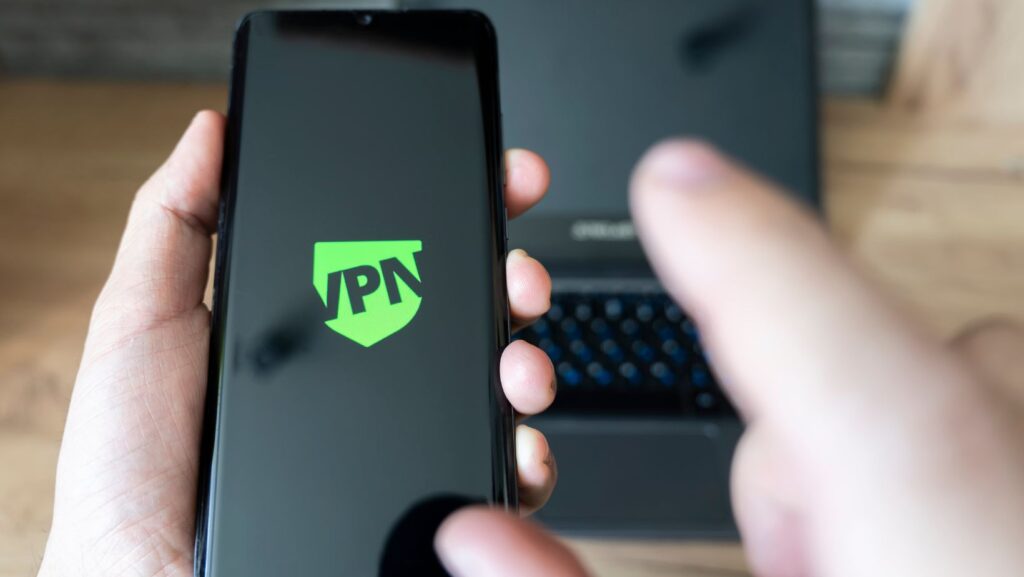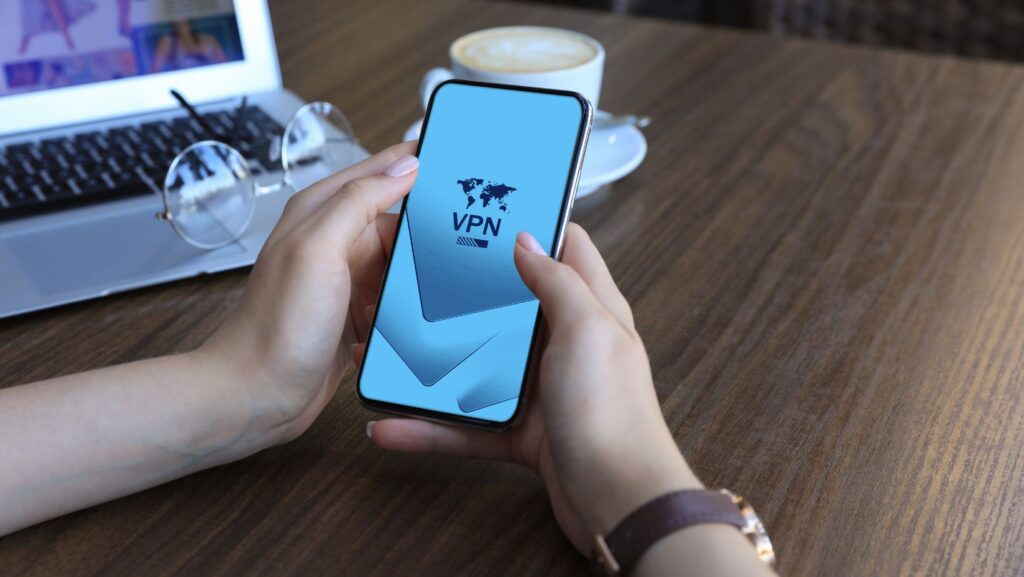Anyone with their head in the game understands that cyber threats and data breaches are genuine modern-day concerns for businesses and individuals alike.
If your online security and privacy matter to you then a VPN is an effective tool that can take care of guarding your information, routing you securely, and minimizing threats along the way.
Today, we will walk you through how a VPN protects your online assets, whether for personal activities or professional transactions.
Why You Need a VPN for Your Online Assets
Primarily, Virtual Private Networks offer some of the most robust encryption services available. The primary function has a trickle-down effect, along with other advantages.
The encryption algorithms, keys, and ciphers obscure your location and activities, protect your data, and make you untraceable. The methods used would theoretically take 200 times longer than the universe has existed to crack via brute force.
The benefit of having such strong encryption more or less speaks for itself, but let’s discuss it further and examine how that filters into other important aspects of your online activities.
Virtually Impenetrable Encryption
Connecting to the internet via a VPN ensures advanced encryption of all data transmission. Most employ AES-128 or AES-256 as standard, with the latter being the stronger of the two.
Other common encryption methods include Blowfish, Camellia, Twofish, and Microsoft Point-to-Point Encryption (MPPE). Each utilizes long encryption keys with data in varying blocks and key size bits that would take a lifetime to crack manually, providing high levels of security.
IP Address Concealment
Websites like to track our locations because they glean a lot from our online habits, which enables them to provide targeted advertisements or sell to the highest bidder.
A VPN thwarts third-party data collection by replacing a user’s IP address with a secure server address in its place.
Providing Geo-Restrictions Bypass
IP address replacement has a secondary outcome. Some online services are restricted by location; if your supposed location isn’t a true reflection of where you are, then you are no longer limited by it.

Many VPN providers allow users to choose a server in a specific country to grant them access to sites and services only available elsewhere or one blocked where they currently reside.
Traffic Privacy
Internet Service Providers monitor online activities, collecting data to improve services and sometimes for less transparent reasons such as selling.
Many are happy to hand that data to authoritative agencies and governing bodies. With a VPN masking your activities by encrypting the traffic, your online behavior remains private.
Preserving Anonymity
It almost goes without saying that the encryption and IP address replacing abilities of a VPN grant anonymity to the user.
If you value your privacy then a VPN that hides your online activities and protects your identity is a bonus and if your line of work requires anonymity such as journalism then it is a must-have!
Keeping Remote Work Secure
Working away from the office is becoming the new norm, whether it’s from the comfort of your home, a local coffee shop with WiFi, or abroad.
Securing the way your business operates remotely has been a key concern for many industries in recent years. A VPN ensures secure access and sharing on public and home networks, keeping data safe.
Cyber Threat Reduction
Strong encryption levels up security providing a great first line of defense and lowering the risks of a variety of common cyber threats.
Data breaches and Man-in-the-middle attacks are less likely because transmission is from a secure server to a secure server.

With data converted and IP addresses hidden, hackers have a tougher time siphoning the information they are looking for.
Battling Bandwidth Throttle
Certain internet providers automatically throttle the speeds of heavy bandwidth users, especially throughout certain peak-traffic times of day geographically.
With your activities obscured and your location essentially relocated, ISPs struggle to throttle VPN users. This ensures businesses don’t suffer delays to workflow and means that individuals can enjoy a consistent speed when streaming or gaming.
Activities Remain Unlogged
Over 90% of VPN providers profess to zero logging. This means your browsing history, connection times, IP addresses, and personal details, are essentially non-existent and therefore can’t be shared.
This extends to law-enforced inquiries. If the VPN has a strict policy, every information source remains confidential, and no recorded logs are available.
VPN Protection Takeaways
With virtually uncrackable encryption in place, a VPN helps keep your personal information and online activities a secret.
Whether it is for privacy’s sake or to amp up the cyber-security efforts in the workplace they provide a variety of benefits to use to your advantage.
Ultimately what a VPN truly provides is control over your digital identity and peace of mind in a tech-centric world that presents threats with every swipe, scroll, and click.


